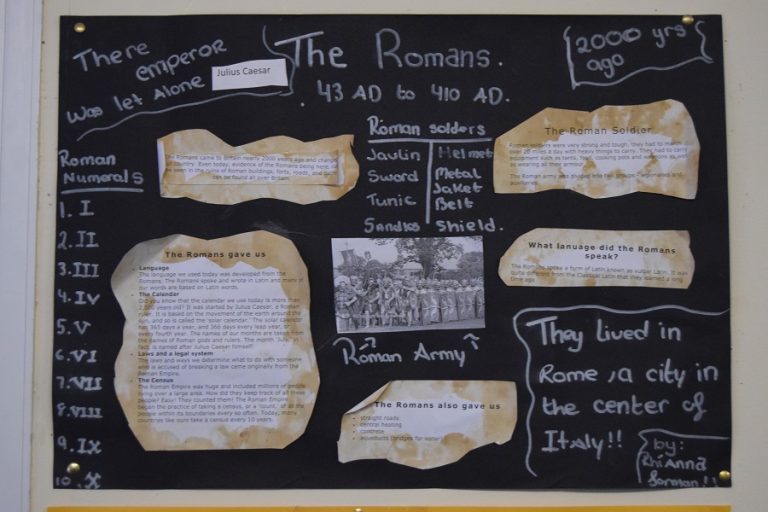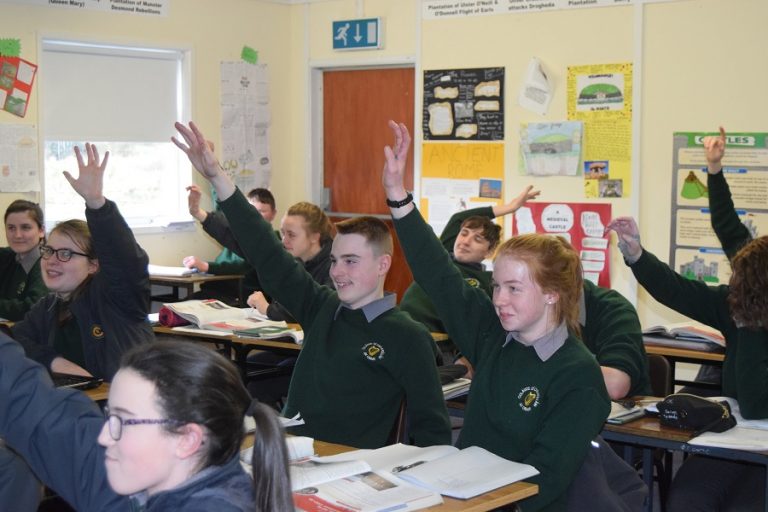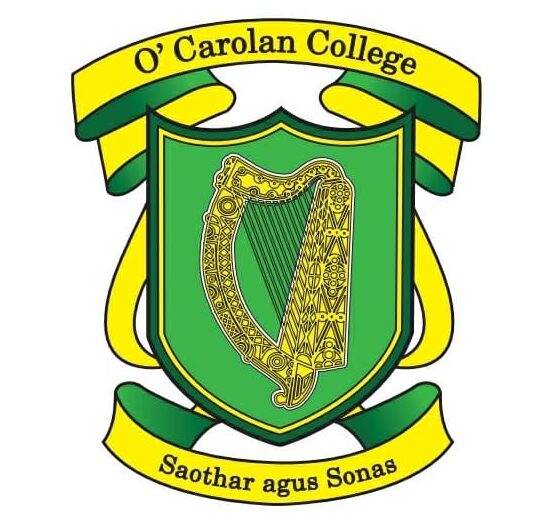History


Department Coordinator: 2023-2024 Maria Brady
Provision of the subject in the school
The subject is taught at all levels in school. The timetable provides for three single periods per week in each year of the Junior Cycle, which is compulsory at this level. History is optional at Leaving Certificate level. An allocation of five periods per week each year is provided for Senior Cycle students. This was structured as one single period and two double periods. Classes at both levels are mixed ability.
There were eight teachers timetabled to teach History during the past academic year. Each teacher has developed their own historical atmosphere in their classrooms through the display of subject-specific wall charts, maps, and student projects in written, pictorial or model form. Resources available to the students include DVDs, videos, books, and posters, all of which provide a stimulus-rich environment.
Planning and Preparation
There were four official Department meetings held during the year to discuss planning and resources. Discussions at these meetings included feedback from teachers on summer exams, teacher collaboration, Teaching and Learning strategies and what books were required for the forthcoming school year. A discussion was also held around what classes had been allocated to each teacher. Open Night and the Young Historian Project were also on the agenda. The History Department welcomed the NCCA to discuss the implementation of the new Junior Cycle History Curriculum. They spoke to a student focus group and teachers who have taught the full cycle of JC History.
Junior and Leaving Certificate exam results were discussed with the principal, Mr. Goggins, and it was agreed that we were happy with the standard of results at both levels. This is something as a department we aim to sustain. The number of students doing higher level in this year’s State Exams was also reviewed.
Department members are undergoing continual training for the rollout of new Junior Cycle History. We have Oide training on Monday, March 4th. Meetings continue on an on-going basis both on a formal and informal level between department members at other times throughout the year.
Teaching and Learning
All Junior Cycle students completed the relevant Junior Cycle course material for their year as prescribed by the syllabus. Students of First Year studied material from Early Christian Ireland, the Romans, the Middle Ages, Renaissance and Explorations. Second Year students studied the Reformation, the Plantations, the Age of Revolution and the Industrial Revolution/Irish Famine. Third Year students studied Modern Ireland, International Relations in the 20th Century and Social Change in 20th Century Ireland.
All Senior Cycle students completed the relevant Leaving Certificate course material as prescribed by the Syllabus. Sixth year students studied ‘The Impact of Partition and the Pursuit of Sovereignty 1912-49′ and their document case studies is ‘Northern Ireland 1949-1993′. Both senior years also carried out preliminary work on their Research Study, submitting their first draft as part of their summer assessment. All students have access to Microsoft Teams where notes on each topic as well as audio and visual resources are available. Sixth Year students completed their Research Study and will submit as requested to the school authorities in April 2024 along with completing their revision of the Fifth-Year course.
Assessment and Achievement
Teachers followed a policy of continuous assessment (monthly or bi-monthly), and common exams were set at Christmas and Summer. Students at exam level completed exams on a weekly/topic basis. Students completed tests both online using Microsoft teams and in class.
This year, our Second Years completed their CBA 1 for the new JC History course- The Past in My Place. Some exceptional pieces of work were produced.
Written and oral homework was set for students by teachers with due regard paid to the school’s homework policy. Various media was employed included model making, wall charts and biographical accounts.
Professional Development
All teachers in the department are members of the History Teachers Association of Ireland. Their annual conference keeps history teachers up to date with on-going professional development. Members of the department also attended information events on new Junior Cycle History.
